Description
CYTOMED 25 (Liothyronine Sodium (T3)) is a synthetic variant of the human body’s thyroid hormone. This medicine is used to increase the activity of the thyroid gland. When combined with other drugs, Liothyronine Sodium T3 can be very effective in the treatment of major depressive disorders.
Drug name: T-3/Triiodothyronine/Liothyronine Sodium, Cytomel
Drug class: Synthetic thyroid hormone
Common brand names: T3, Cytomel, Cynomel
Use and effective range:
Applications: Competition / diet
Anabolic components: slightly anabolic
Androgenic component: not exist
Dose range and duration of use:
Beginners: not recommended
Hobby: 25-75mcg/day
Professional range: 50-150mcg/day
Women: 25-75mcg/day
Application period: 4-8 Weeks
Active Life: 6 – 7 days
Drug Class: Synthetic thyroid hormone.
Average Reported Dosage: 25-150 mcg daily.
Water Retention: Yes
Liver Toxic: Yes
Cytomel is the synthetic form of T-3/Liothyronine and was a commonly known trade or brand name among athletes. T-3/Liothyronine is used as a form of thyroid hormone therapy mostly in Europe. Most bodybuilders favored this drug over synthetic forms of T-4/Levothyroxine due to its vastly superior activity level.
An advantage of T-3/Liothyronine administration over T-4/Levothyroxine was the lack of dependence upon the liver enzyme responsible for T-4/T-3 conversion. During diet restricted periods the liver naturally decreases the liver enzyme levels as a control measure to prevent metabolic rate induced starvation. Just as the liver increases production of this enzyme in response to elevated calorie intake it also reduces levels in response to decreased calorie intake. Remember that T-4/Levothyroxine is only 20% as active as T-3/Liothyronine.
The abuse of synthetic T-3/Liothyronine will result in severe suppression of natural (endogenous) thyroid function. This is especially true of this drug because it actually circumvents the normal thyroid hormone manufacturing process the body utilizes to produce endogenous forms as required. Simplified this is because T-3/Liothyronine is the most potent thyroid hormone so the body shuts down each level required for production to try to reduce circulatory T-3/Liothyronine levels. Of course this does not reduce the level if the hormone is being administered exogenously (from outside the body).
Since long term use of T-3/Liothyronine will lead to thyroid function suppression the issue of rebound should be briefly discussed. It is commonly stated that synthetic thyroid hormone abuse will lead to permanent thyroid gland dysfunction.
Though it is definitely a physiological possibility, I have not yet found a case study to support this statement. However, there is a common occurrence of thyroid gland/function rebound in natural endogenous thyroid hormone production. It seems that it was common for individuals to realize an “increase” in endogenous thyroid hormone production of 120-130 % within 3-15 days after drug discontinuance. This means an individual would commonly see an increase in their thyroid hormone production of 20-30% above their normal pre-drug administration levels, in many cases.

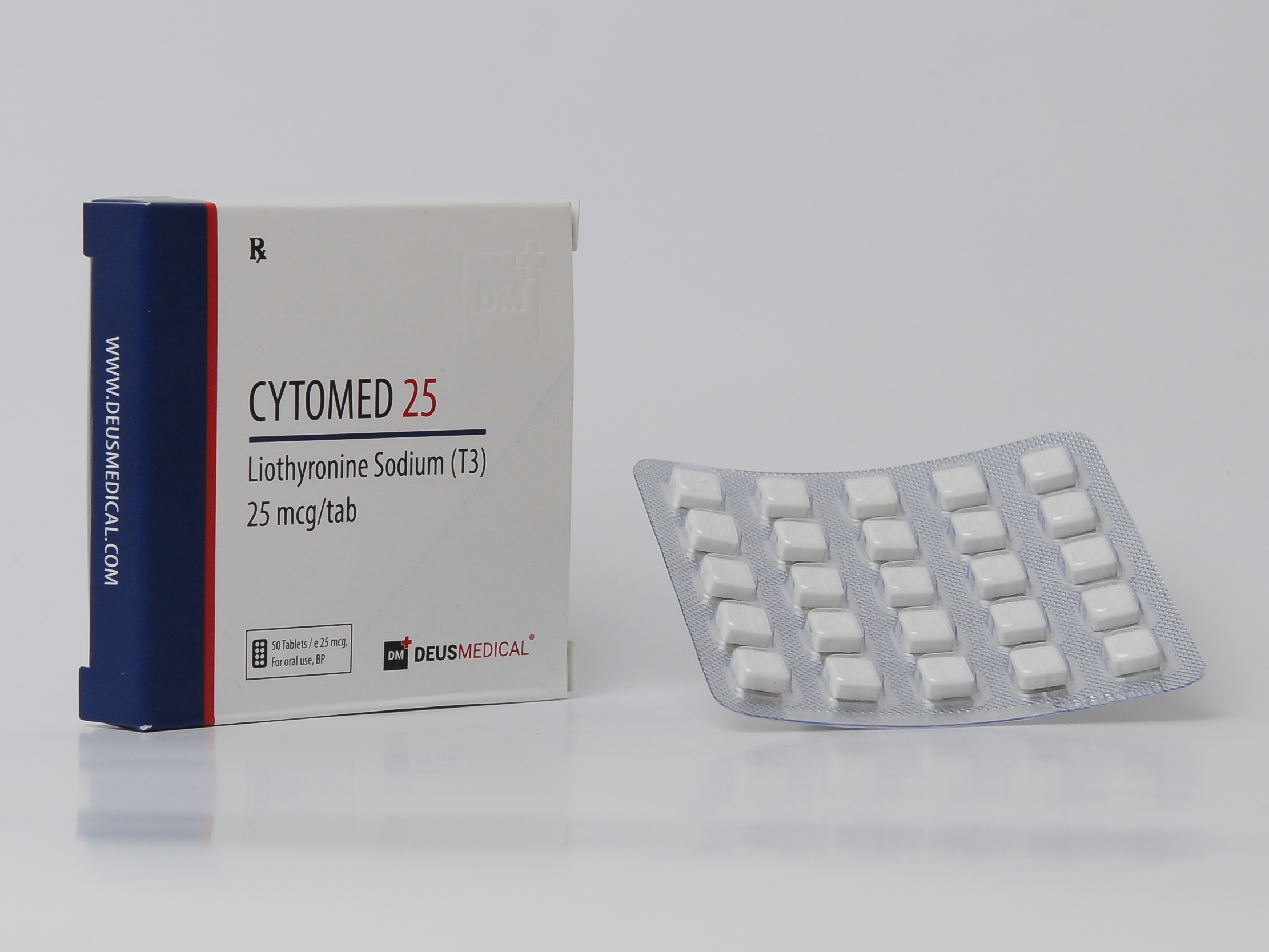

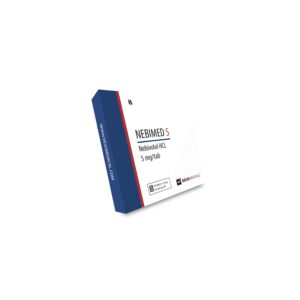
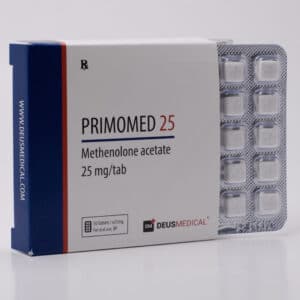
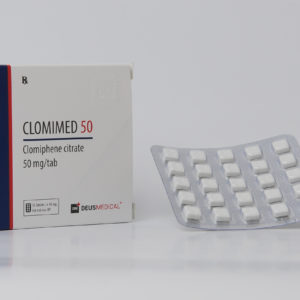
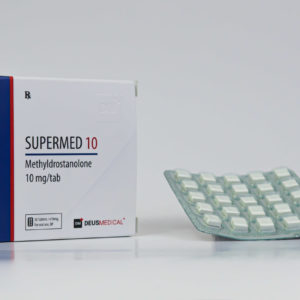
Reviews
There are no reviews yet.